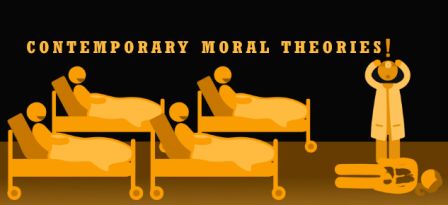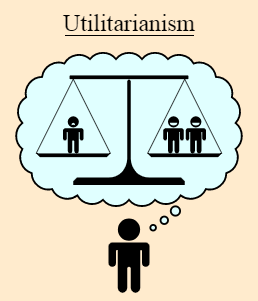Moral theories provide standard of principle and values. Utilitarianism act provides the basis for the moral standard that is based on the utility principle. Any action that provides happiness or maximizes the level of happiness is considered necessary.
Jeremy Bentham defined utility, i.e., an object with a property that tends to give benefits, satisfaction, and pleasure. Such purpose also averts unhappiness, unpleasant situation and happening of pain at the level of interest.
Moral Theories and Humanity
The right understanding of a situation that is based on proper action yields happiness, and it is the primary foundation of act utilitarianism. It is according to the moral theories.
Acting on whatever motives that is crucial to acquire one end to increase happiness is the main advantage of act utilitarianism. The only increase in satisfaction matters the most; it is least significant why this action is done.
Kant’ moral theory of human rights suggests that every human being possess inherent worth. Kant believed that every human has intrinsic value due to a reason.
Everyone has reason to act in this world, and people can decide whatever they want. Therefore, everyone has a reason to adopt right behavior. The cause of the action creates an ethical value according to the principle of Kant. He elaborates that only rules and duties should govern our actions.
Based on different notions of moral theories, act utilitarianism is best due to its views on the action as it coins right things. The best advantage of act utilitarianism is the consequences of a right action that enhances pleasure and happiness.
Its powerful framework provides the measuring aspects of happiness. A consequence of any activity which is morally right and wrong depends on the level of happiness.



